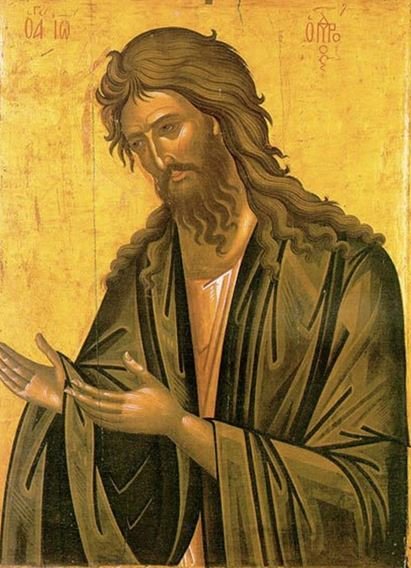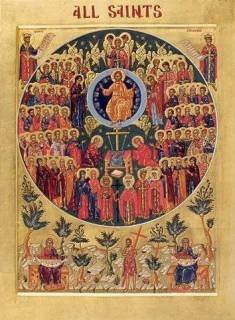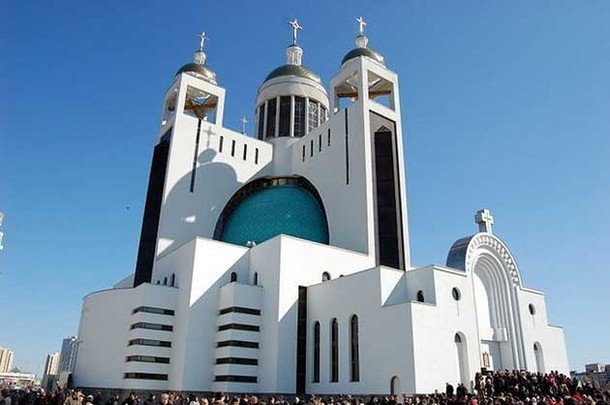In his teaching about the Eucharist, Chrysostom makes use of traditional ways of looking at things, ways that found their genesis in the Old Testament (OT). He saw the events of the New Testament (NT) prefigured in the OT. In the NT itself Christ’s death and resurrection are seen as the fulfillment of the Exodus – Moses leading the Jewish people out of slavery in Egypt. Something that I have repeated shared with you. What God did for the Israelites when he led them out of slavery into the Promised Land pointed forward to that greater Exodus, when through the blood of the true paschal Lamb he brought the whole human race out of slavery to sin into the liberty of his children. The saving acts of Christ are themselves made present in the Mysteries (Sacraments), those rituals that make Christ present in the basic events of life (e.g., birth, death, forgiveness, sickness, commitment [marriage and ordination], forgiveness), which both enable each generation to appropriate God’s salvation, and point forward to its consummation at the end of time. Chrysostom taught his congregation to see the Eucharist prefigured in the sacrifice of Melchisedech, who brought gifts of bread and wine to be offered to God; in the paschal lamb, whose blood daubed on their doorposts saved the Israelites when the first-born of Egypt were slain; in the manna, by which they were sustained in the wilderness; and in the Jewish sacrifices offered under the old covenant.
Chrysostom lays particular stress on the Eucharist as the Remembrance or anamnesis of the many things God has done for us, and especially of the sacrifice of the Cross. He urged his congregation to realize that at the Eucharist they are truly in the Upper Room. It is Christ who presides, as at the Last Supper; and when the priest gives them communion, they must understand it to be the hand of Christ Himself which reaches out to them (this is one reason why the Eastern Church only allows ordained persons [priests or deacons] to distribute Communion so that the symbolism might be maintained of Christ being the distributor of Communion). The Eucharist is an imitation of the death of Christ, and a participation in it. He even uses the Liturgy in this sense to refute heretics who doubt the sacrificial death of Christ: let them be referred to the mysteries, where that sacrifice is present. The incarnation too is present: those who come to the Eucharist in faith will see the Lord lying in the manger, represented by the Holy Table, not wrapped in swaddling clothes but surrounded by the Holy Spirit. He teaches his people to understand the Eucharist as a participation in the worship of heaven. The angels, who are always present in the church, are especially there when the Liturgy is being celebrated.



